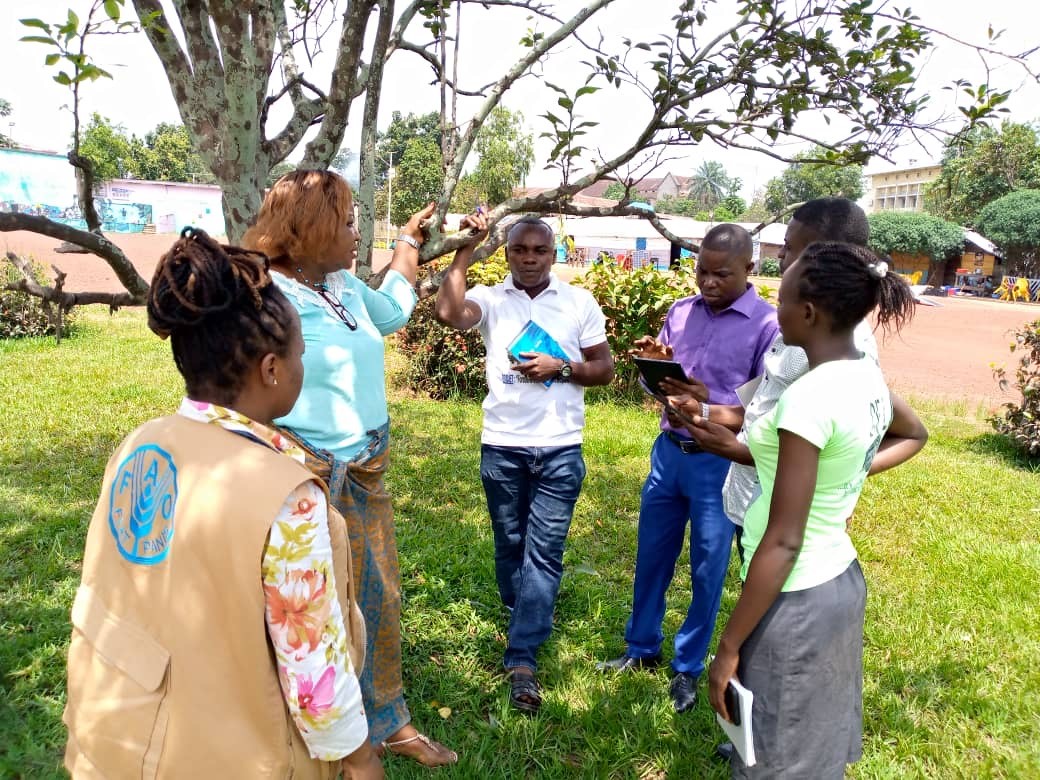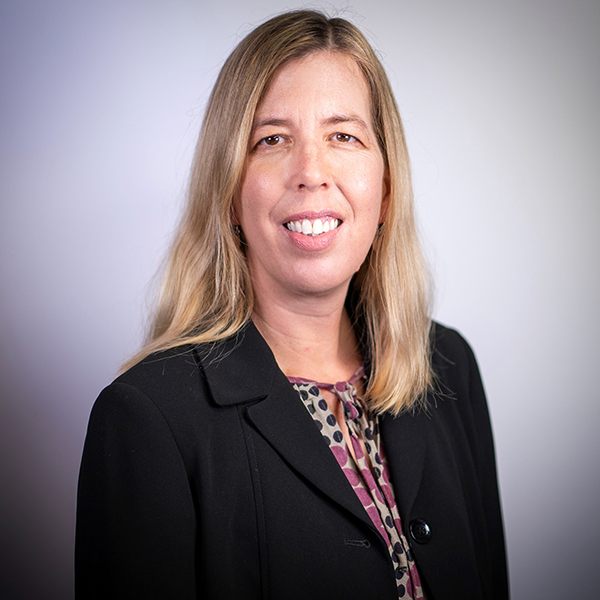Land tenure security is widely recognized as a key condition for reducing deforestation and forest degradation. But clarifying and securing land tenure rights can be a complex and challenging process, particularly in countries with customary systems of ownership where information on rights and rights-holders is typically not written down. In some cases, there may be overlapping tenure rights, which add to these challenges. For example, in a forest context, there could be rights to access non-timber forest products or water sources overlaid with broader ownership or management rights. Different members of a household or community could have different percentage ownership stakes in a single land parcel. To address these complex issues, the Food and Agriculture Organization of the United Nations (FAO), within the framework of the UN-REDD Programme, recently organized practical training courses on Open Tenure in the Democratic Republic of the Congo and in Colombia. These trainings followed the Training of Trainers (ToT) format, which empowers local trainers with the skills and knowledge to replicate and host training sessions for the community at large.
Open Tenure is a tablet or smartphone-based software developed by FAO for field data collection. It works together with a web-based application (community server) to process the collected field data and register claims. This software is freely available and recently updated. In its design, Open Tenure takes into account all of the intricacies of land tenure rights documentation, making it relatively easy for users to gather and organize digital land tenure data. A geographic information system (GIS) layer (e.g. satellite images or orthophotos) synchs with the tablet’s built-in GPS to allow for the collection of waypoints in the field. Once the data is collected, Open Tenure generates a report containing all of the relevant information on the claim and claimant(s), including a small map. If integrated with a process for the recognition of legitimate tenure rights, these claim reports can be compiled and submitted towards formal legal tenure rights registration, or they can be held as an internal community document to support better land and resources management.
The Open Tenure tool is flexible, so it can be adapted to the local context to meet diverse needs and align with existing legal frameworks. For instance, in the DRC, civil society participants envision using the tool to demarcate new local community forestry concessions, while in Colombia, the partner Afro-descendent community, COCOMASUR, aims to support land use planning and forest governance, as well as updating the internal census. In another example, users in both countries were interested in how Open Tenure can allow a household to register both the husband and wife as 50 percent owners of their land and resources – a first step in addressing discriminatory inheritance practices.
In both the DRC and Colombia, participants in the trainings learned that the principles and process of using Open Tenure are just as, if not more, important than the hands-on manipulation of the tool itself. Open Tenure was developed in accordance with the principles of the Voluntary Guidelines on Responsible Governance of Tenure. As such, a transparent, participatory and inclusive process is vital in the identification of stakeholders and rights-holders and throughout the steps of tenure rights recording. Furthermore, a free, prior and informed consent (FPIC) process is considered a prerequisite to engaging at the local level.
The training courses in DRC and Colombia represent a kick-off of on-the-ground efforts to secure tenure rights for smallholders living in these forest contexts. In the words of Dauphin Lomboto, a participant in the DRC training based at the Ministry of Environment, “Open Tenure should be for everyone as it can contribute to our country’s development.” UN-REDD will continue to provide technical support and monitor the progress towards securing tenure rights in these diverse contexts.

